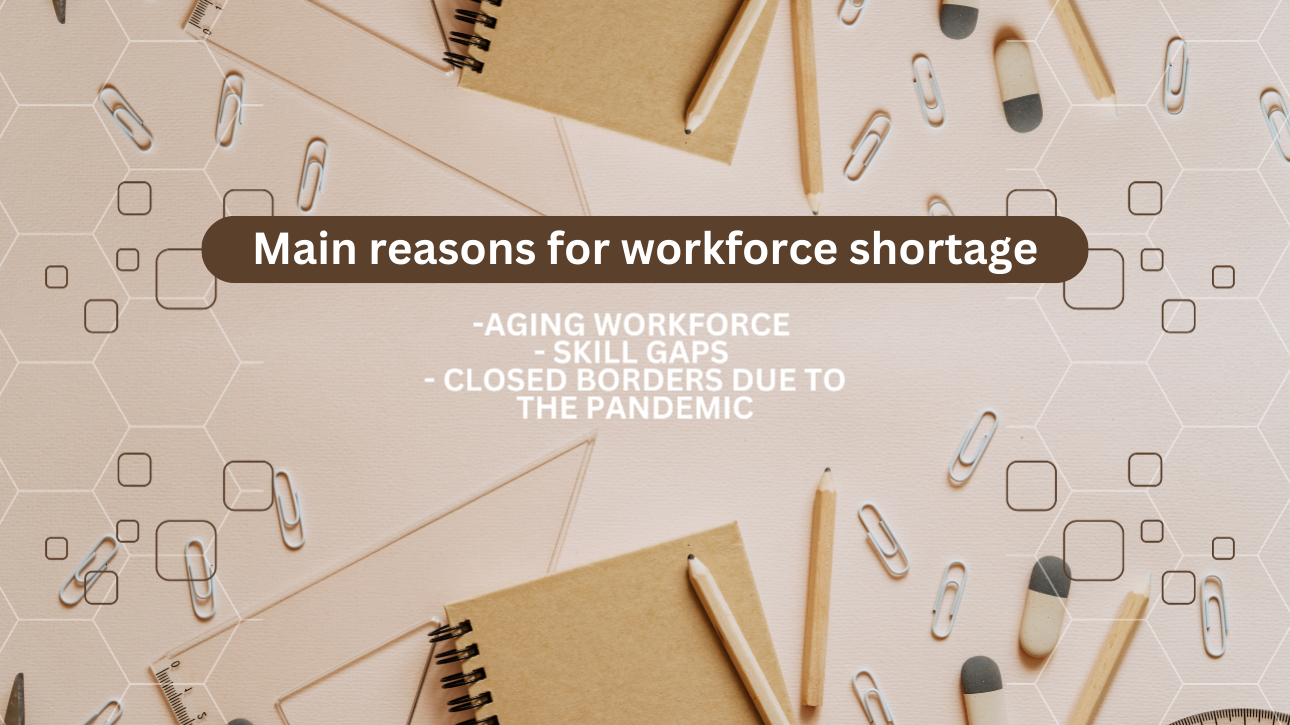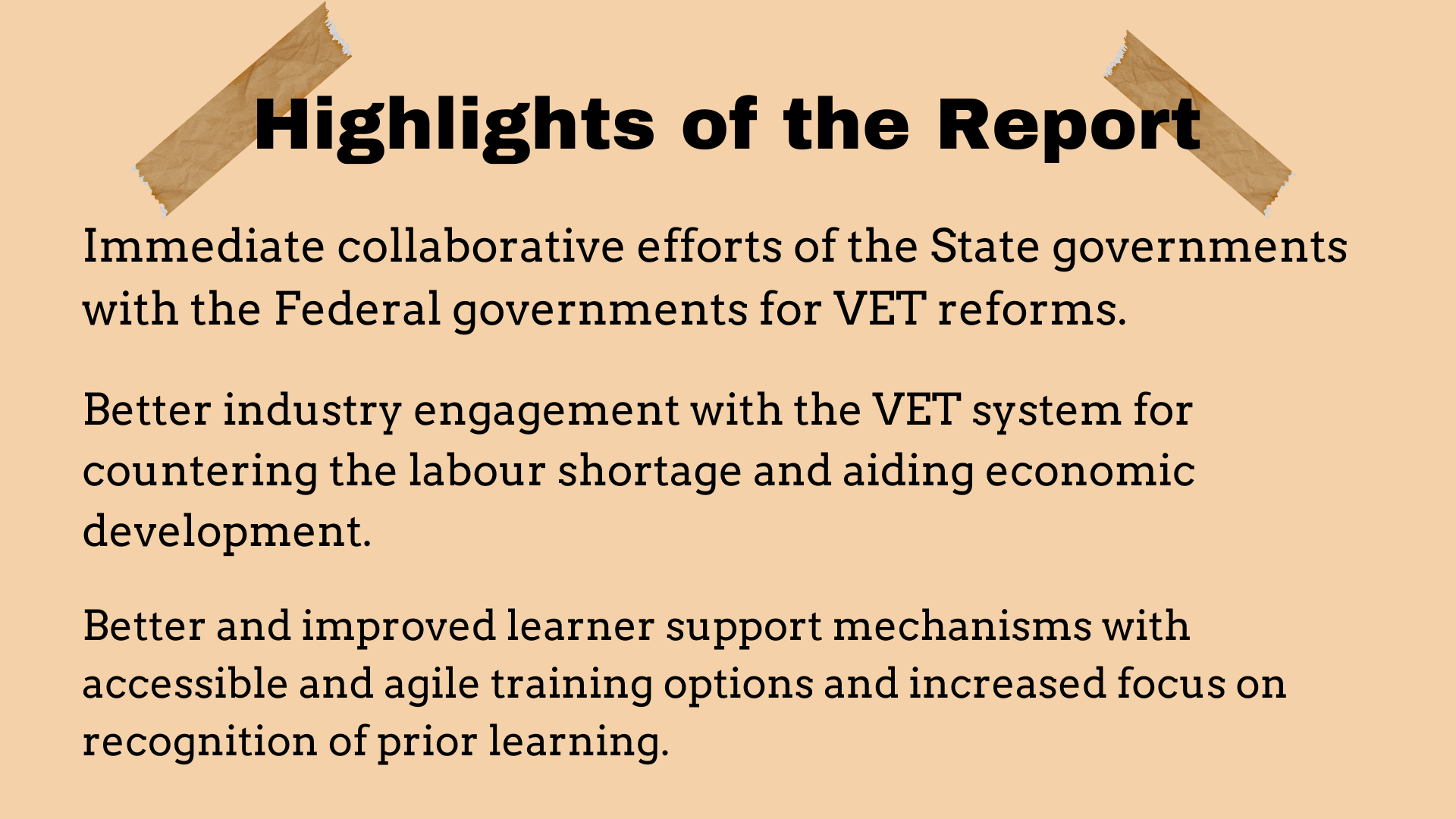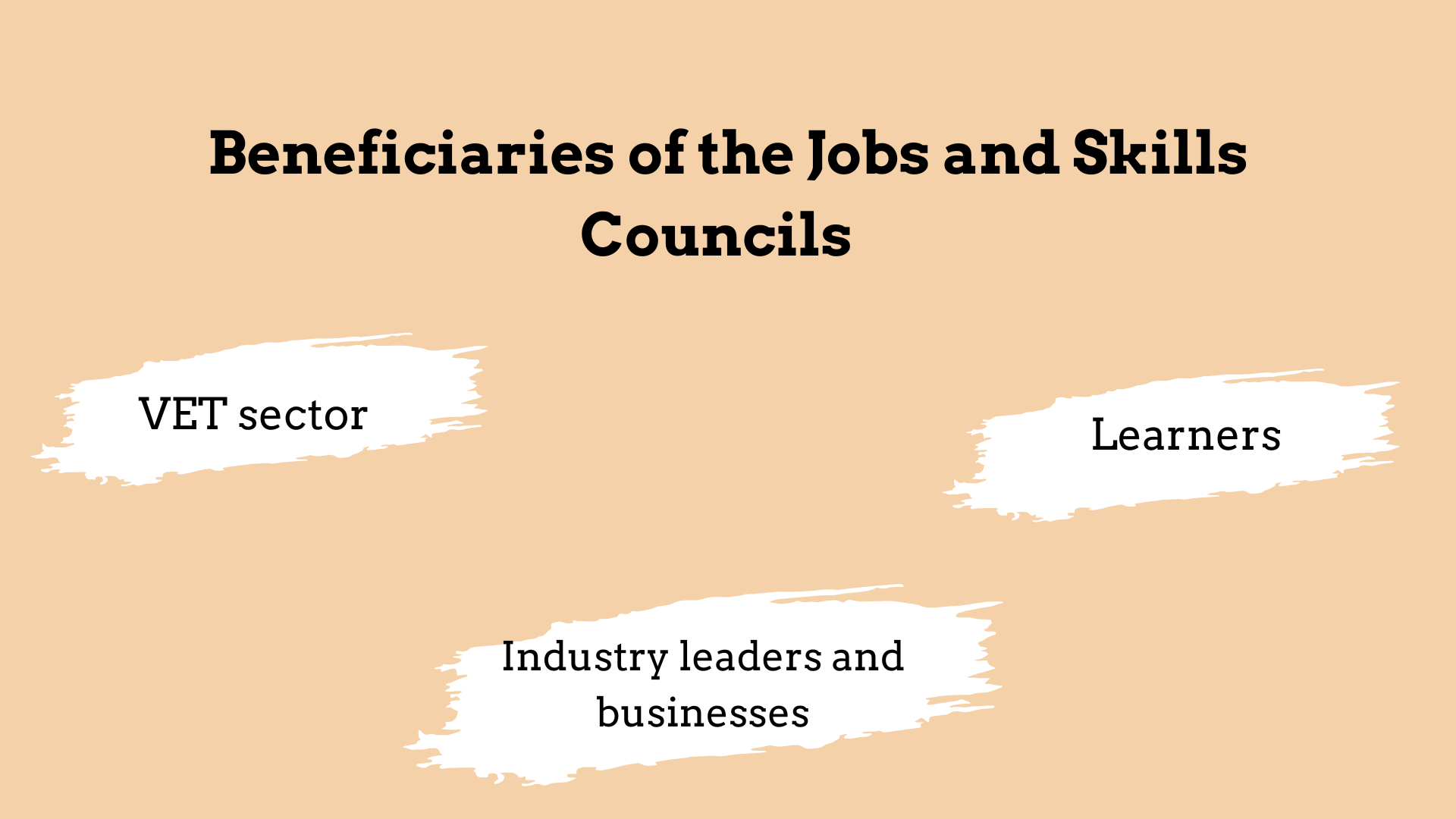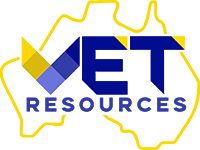Introduction
There is an issue of growing labour shortage in Australia. This blog, “What is the Australian government doing for growth of Jobs and Skills in Australia” will address the newest developments to address this concern. The blog will discuss the establishment of Jobs and Skills Council in Australia to reform the VET sector.
We will also see the benefits that RTOs will have with this development. Let us begin.
The government’s efforts to change the VET system
- With the aim to revamp the VET system, a Skills Organisation system was set up in 2020 which covered Digital Technology, Mining and Human Services. The funding of the system will last until the middle of the year 2023.
- In July 2021, another formal announcement of the Industry Cluster VET industry reform officially started in December 2021.
- In March 2022, the Australian Chamber of Commerce and Industry (ACCI) published a report about labour shortage in Australia. The report was called “Overcoming Australia’s Labour Shortages Through Skills Development, Workforce Participation, and “.

The report highlighted the following regarding workforce shortage in Australia:
- Australia’s workforce is rapidly growing old which means a new and young working population is needed.
- There are gaps in the skills Australian industry requires and the current skill level of the Australian workforce.
- The report highlighted that labour shortage was partly due to sealed borders due to the pandemic.
On 14 December 2022, the Department of Employment and Workplace Relations (DEWR) published its Jobs and Skills Councils Stage One Outcomes Report. The report highlighted:

- Immediate collaborative efforts of the State governments with the Federal governments for VET .
- Better industry engagement with the VET system for countering the labour shortage and aiding economic development.
- Better and improved learner support mechanisms with accessible and agile training options and increased focus on recognition of prior learning.
These critical demands led the Australian Government to establish Jobs and Skills Councils (JSCs).
What are Jobs and Skills Councils
Councils are established by the Australian government to lead Australian industries and strategically counter the labour shortage problem.
Who will the beneficiaries of the Jobs and Skills Councils

- The VET sector
- Learners
- Industry leaders and businesses
What are the goals of the Jobs and Skills Councils for workforce training and job growth

- Provide leadership to the Vocational Education and Training (VET)
- Address challenges of workforce and Skills shortage.
- Drive high outcomes for industries and businesses across Australia.
- Re-skilling the learners making them capable to find quality employment and sustenance.
- Bridge the skills gap with skills training that is accessible and agile.
- Creating greater collaboration between government, training institutions and industries.
- To pinpoint skills in demand and create career paths that relate to those skills.
- To address industry issues with urgency while developing VET training packages that help eradicate these industry issues.
Overall, the JSCs want to arm the Australian workforce with skills and knowledge that will cushion their growth locally and globally.
How many Jobs and Skills Councils have been established in Australia

There are 10 JSCs. The list of their names along with their industry area and institutions is given below:
| Industry |
Institution Name /Alliance |
| Agribusiness | Skills Insight by Skills Impact |
| Arts, Personal Services Retail, Tourism and Hospitality | Workforce Equipped by Australian Retailers Association |
| Energy, Gas and Renewables | New Institution by Master Electricians Australia |
| Finance, Technology and Business | New Institution by Digital Skills Organisation |
| Manufacturing | Manufacturing Industry Skills Alliance by Innovation and Business and Skills Australia |
| Mining and Automotive | New Institution by Australian Minerals and Energy Alliance |
| Transport and Logistics | Industry Skills Australia by Australian Industry Standards |
| Public Safety | New Institution by Public Safety Industry Committee |
| Early Educators, Health, and Human Services | Human Ability by Australian Healthcare and Hospitals Association |
| Building, Construction, and Property | New Institution by association of employer and employee organisations in the building, construction, and property industries |
Which training packages are related to these industries and JSCs
Here is the list of the Training :
For Agribusiness industry following 9 Training Packages are there.
-
- ACM (Animal Care and Management)
- AHC (Agriculture, Horticulture and Conservation and Land Management)
- AMP (Australian Meat Processing)
- MST/LMT07 (Textiles, Clothing and Footwear)
- MSF (Furnishing)
- FWP (Forest and Wood Products)
- RGR (Racing and Breeding)
- SFI (Seafood Industry)
- PPM (Pulp and Paper Manufacturing Industry)
For Arts, Personal Services Retail, Tourism and Hospitality industries following 6 training packages are there.
-
- SIR (Retail Services)
- SFL (Floristry)
- SHB (Hairdressing and Beauty Services)
- SIF (Funeral Services)
- SIT (Tourism, Travel and Hospitality)
- CUA (Creative Arts and Culture)
For Energy, Gas and Renewables industries following 4 training packages are there.
-
- UEE (Electrotechnology)
- UEG (Gas Industry)
- UEP (Electricity Supply Industry – Generation Sector)
- UET (Transmission, Distribution and Rail Sector)
For Finance, Technology and Business industries following 3 training packages are there.
For Manufacturing industries following 10 training packages are there.
-
- FBP [Food, Beverage and Pharmaceutical (Pharmaceutical production)]
- FBP [Food, Beverage & Pharmaceutical (food and beverage production)]
- ICP (Printing and Graphic Arts)
- MEA (Aeroskills)
- MEM/MEM05
- Manufacturing/Metals and Engineering
- MSL Laboratory Operations
- MSM/MSA07 Manufacturing
- MSS Sustainability
- PMA Chemical, Hydrocarbons and Refining
- Mining and Automotive
- RII Resources and Infrastructure Industry (mining)
- AUR Automotive Retail, Service and Repair (service & repair)
- AUR Automotive Retail, Service and Repair (retail qualifications only)
- AUM Automotive Manufacturing
For Transport and Logistics industries following 3 training packages are there.
-
- AVI (Aviation)
- MAR (Maritime)
- TLI (Transport and Logistics)
For Public Safety industries following 6 training packages are there.
-
- CSC (Correctional Services)
- DEF (Defence)
- LGA (Local Government)
- POL (Police)
- PSP (Public Sector)
- PUA (Public Safety)
For Early Educators, Health, and Human Services industries 3 training packages are there.
-
- CHC Community Services
- HLT Health
- SIS Sport, Fitness and Recreation
For Building, Construction, and Property industries 5 training packages are there.
-
- CPC/CPC08 (Construction, Plumbing and Services)
- CPP/CPP07 (Property Services)
- NWP (National Water)
- RII (Resources and Infrastructure)
- Industry (civil infrastructure)
For further information click here.
What does the Jobs and Skills Councils establishment mean to RTOs?
Jobs and Skills Councils are highly beneficial for RTOs.
-
- RTOs can use the standards of skills and training package updates given by the JSCs to develop more effective training and assessments for learners.
- RTOs can enhance the job prospects of their graduate learners by incorporating the required skills of employers.
- RTOs can stay updated on news about JSCs and their announcements to contribute to re-skilling and development of their learners.
Overall, RTOs will have immense resources and an informative source to help them guide through training. The Department of Education through JSCs will steer vocational training providers with strong innovation, training product updates and educational facilities.
Conclusion
In the blog, “What is the Australian government doing for Jobs and Skills in Australia” we saw how the Australian workforce landscape is getting a makeover under Jobs and Skills Council establishment. The step aims to counter the shortage of skilled employees with collaboration from industry, government and training organisations.
If you are an RTO looking for updated training packages for BSB Business Services, SIT Tourism, Travel and Hospitality, UEE Electrotechnology, HLT Health then VET Resources is your partner. We also offer free RTO consultation. To know more please contact here.
Frequently Asked Questions (FAQs)
Q.1. Who is the governing agency of Jobs and Skills Councils?
A.1. The governing agency of Jobs and Skills Councils is Jobs and Skills Australia. This will address the needs of industry, workforce development and provide competitive advantages in the form of training programs.
Q.2. What is the Australian Government’s budget for the Jobs and Skills Council?
A.2. The Australian Government is investing $402 million to establish the Jobs and Skills Council.
Q.3 Which organisations and committees were the forerunners of the 10 Jobs and Skills Council?
A.3 6 Skills Service Organisations (SSOs) and 67 Industry Reference Committees (IRCs) were the forerunners of the 10 Jobs and Skills Council.
Q.4. What was the former name of the Jobs and Skills Council?
A.4. Jobs and Skills Council was formerly known as Industry Clusters.
Q.5. What are Industry Clusters?
A.5. Industry Clusters are groups of businesses and industries that support one another with suppliers, training and research and educational resources.
Disclaimer:
The information presented on the VET Resources blog is for general guidance only. While we strive for accuracy, we cannot guarantee the completeness or timeliness of the information. VET Resources is not responsible for any errors or omissions, or for the results obtained from the use of this information. Always consult a professional for advice tailored to your circumstances.






